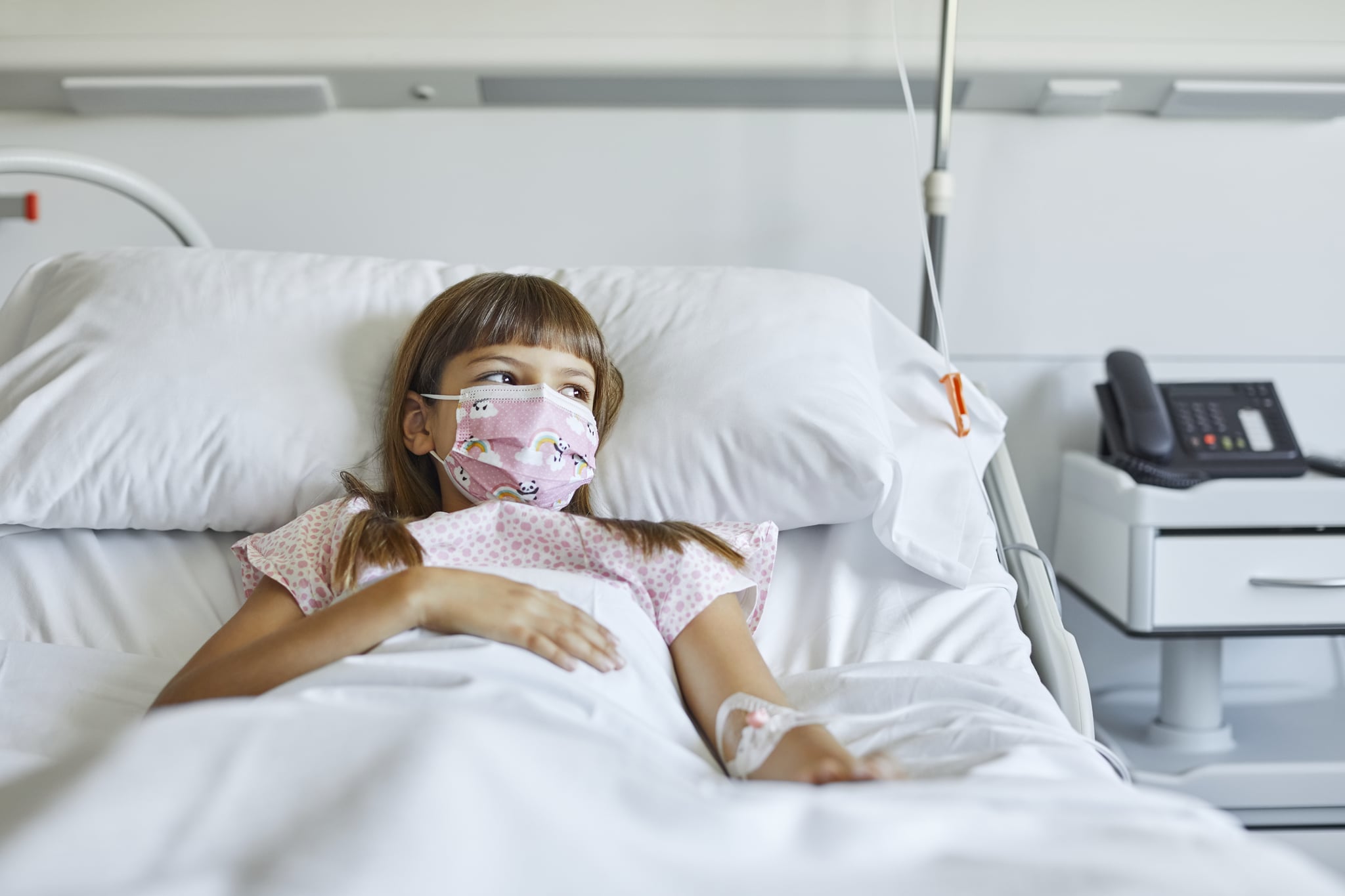
The risk of "long COVID" – unusual tiredness or headaches, for example, months after testing positive – in children is thankfully lower than originally feared, but what do experts know about it – and what should parents look out for if their child contracted COVID-19?
"With the coronavirus, we always think about it as, most kids do well and recover, but there are other variables to consider," Dr. Diego Hijano, a pediatric infectious-disease expert [1] at St. Jude Children's Research Hospital [2], told POPSUGAR. "There is a lot of data coming out about prolonged symptoms, and the good news is it seems that it's not as frequent as what we see with adults."
How Common Is Long COVID in Kids?
Even in adults, it's difficult to pin down how common long COVID and who these "long-haulers" tend to be. A substantial body of research suggests the condition becomes increasingly likely with age and is twice as common among women, but there's no hard evidence as to what causes it and why certain people get it.
Kids are no different, but researchers behind a pediatric study in England released findings on Wednesday [4] that suggest a much better prognosis than those published back in December that warned half of children could develop long COVID cases.
"The good news is it seems that it's not as frequent as what we see with adults."
This study, which surveyed 11- to 17-year-olds testing positive for COVID-19 between September and March, suggests that as many as one in seven children may still have symptoms caused by the virus months after testing positive. This amounts to roughly 14 percent of respondents reporting three or more symptoms 15 weeks later. Although the findings suggest as many as 4,000 kids might have had a single ongoing symptom and 32,000 kids might have had multiple symptoms linked to COVID-19 after this amount of time, those numbers, in reality, could be even lower. Only 13 percent of those asked to respond to the survey did so, and researchers believe those who are suffering ongoing symptoms would be more likely to complete it than those who aren't.
Hijano noted that whatever the numbers, they don't account for babies and small children and they are still not trivial: "I also think as we learn more and we recognise it more, we will be reporting this more frequently."
What Are Long COVID Symptoms in Kids?
At this point, the Centres For Disease Control and Prevention doesn't differentiate long COVID symptoms in adults and children [5]. The most reported ones, which are seen four or more weeks after infection, include:
- Difficulty breathing or shortness of breath
- Tiredness or fatigue
- Headaches
- Difficulty thinking or concentrating – sometimes referred to as "brain fog"
- Joint or muscle pain
- Symptoms that get worse after physical or mental activities
The CDC also noted that unlike some of the other types of post-COVID conditions that only tend to occur in people who have had severe illness, "these symptoms can happen to anyone who has had COVID-19, even if the illness was mild, or if they had no initial symptoms."
What Is Multisystem Inflammatory Syndrome in Kids?
One additional factor parents should watch for in their kids after a COVID diagnosis, Hijano said, is multisystem inflammatory syndrome in children (MIS-C) [6].
It's a condition where different body parts can become inflamed, including the heart, lungs, kidney, brain, gastrointestinal organs, or even the skin and eyes. It's unclear what causes MIS-C, but many children with MIS-C had the virus that causes COVID-19.
"It made the news for quite some time, but people need to still remember it because it's a real, life-threatening complication that we see four to six weeks after somebody had COVID," Hijano said. "So it's like this: a child that had COVID recovered well, and then four to six weeks after, they develop a fever, heart problems and need to go to the hospital. It's a very, very severe condition. We have over 4,000 kids in the US that had this condition."
He encourages families to keep these potential side effects in mind and remain vigilant in keeping their children, particularly those still unvaccinated, safe from COVID [7]. "It's not just about the common cold or the flu with young children," he said. "It's way more than that."
